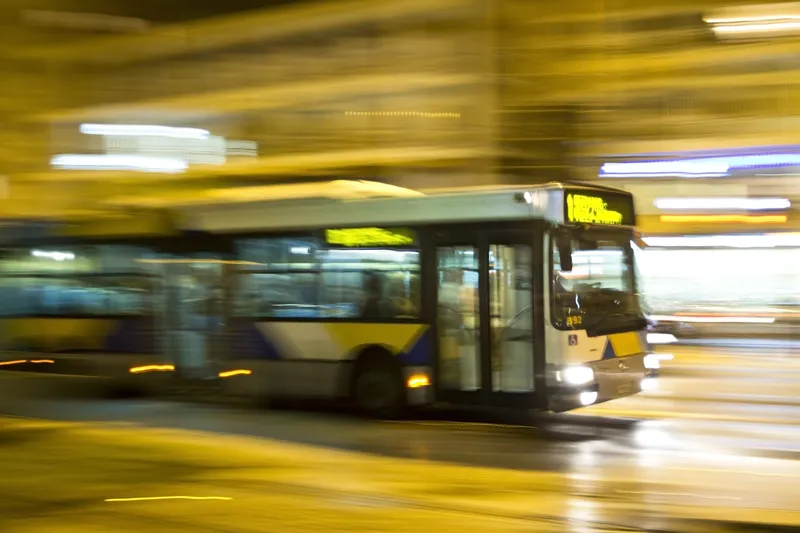
At the 2015 ITS World Congress,
According to Ericsson, traffic authorities today are dependent on limited sources of information for decision making such as road sensors and cameras, and mass media modes of communication for alerting drivers.
Meanwhile, commuters are increasingly using apps and driving connected cars that are generating useful information. At the ITS World Congress, Ericsson will demonstrate how Connected Traffic Cloud can integrate a range of data sources, including from connected cars, internet applications, road infrastructure, and how the traffic authorities will be able to reach out to transport vehicles and drivers.
The company will also show its Connected Bus Stop that incorporates 3G, LTE or Wi-Fi small cell technology, passenger information with customised transport advice and ticketing.










